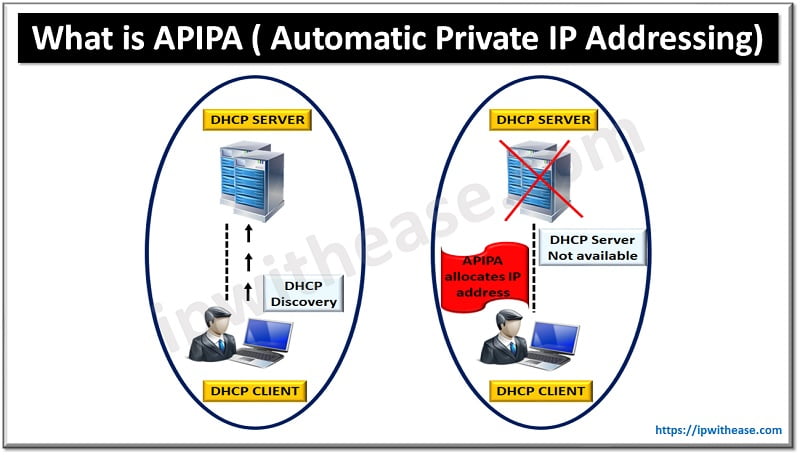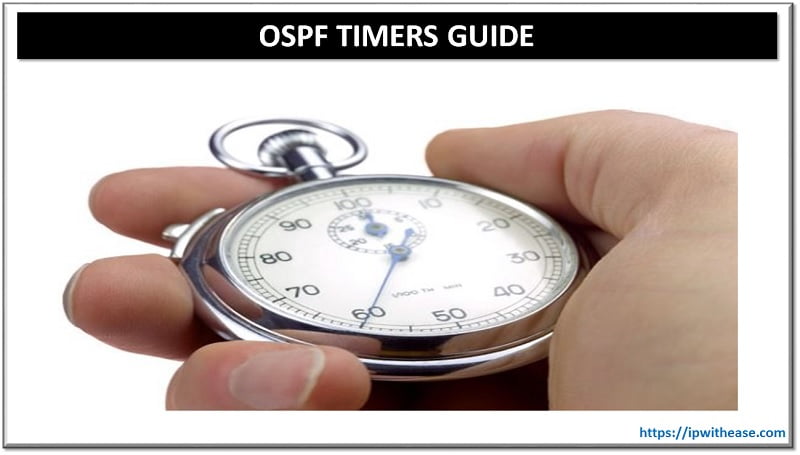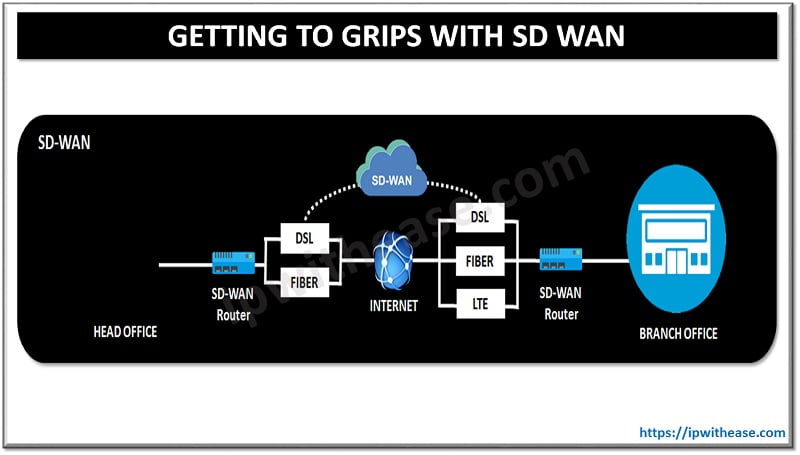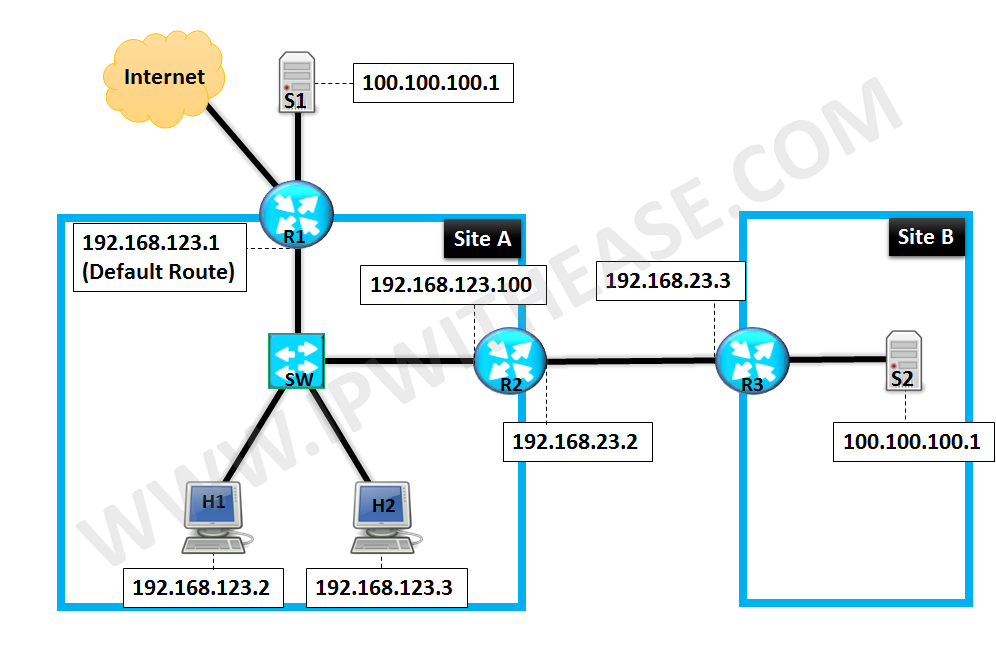Table of Contents:
What is APIPA?
APIPA stands for Automatic Private IP Addressing. It is a Microsoft’s terminology for the address auto configuration as it allows a Local Area Network (LAN) computer to give itself a unique IP address when Dynamic Host Configuration Protocol (DHCP) is unavailable.
With APIPA, DHCP clients can obtain IP addresses when DHCP servers are non functional. APIPA exists in all modern versions of windows except Windows NT. It is enabled on all DHCP clients in Windows unless the computer’s Registry is modified to disable it. APIPA can also be enabled on individual network adaptors. It is also called DHCP failover mechanism (for local networks) or Auto-IP or AutoNet.
When a DHCP server fails, APIPA allocates IP addresses in the private range 169.254.0.1 to 169.254.255.255. Clients can verify if their address is unique on the network by using ARP. When the DHCP server is again available to service request, clients update their IP addresses automatically. All devices use the default network mask 255.255.0.0 and all reside on the same subnets in APIPA.

Automatic Configuration Command
If a user/ client is unable to find the data, then he/she uses APIPA to configure the system with an IP address automatically. The command used for auto configuration is:
(ipconfig)
The APIPA provides the configuration and periodically checks for the presence of DHCP server every 5 minutes ( as stated by Microsoft).
If APIPA detects a DHCP server –
- It stops and let the DHCP server to run.
- The DHCP server then replaces APIPA with a dynamically allocated address.
Characteristics of APIPA
- APIPA establishes proper communication in case of DHCP Server Failure.
- APIPA regulates the response and status of the main DHCP server in a specific period of time.
Advantages
- It can be efficiently used as a backup of DHCP.
- APIPA stops any unwanted broadcasting.
- It uses ARP(Address Resolution Protocol) to confirm the uniqueness of the IP address.
Disadvantages
- APIPA IP addresses can slow down the network.
- APIPA lacks a network gateway unlike DHCP.
Limitation
It follows the peer to peer communication rule and the addresses are restricted for use in the local area network.
APIPA for IPv4 and IPv6 addresses
Stateless address auto configuration procedures use two protocols for assigning IP addresses to machines connected to the internet:
- Internet Protocol version 4(IPv4)
- Internet Protocol version 6(IPv6)
These protocols are used when there is no DHCP server or other automatic methods for assigning unique IP addresses. IPv4 link-local addressing uses a block of addresses reserved by the Internet Engineering Task Force(IETF), with block range 169.254.0.1 to 169.254.255.255.
The IPv6 protocol requires that an OS assign a link-local address to network interfaces and use the prefix “fe80::/10”. It also uses more than one IPv6 address for each machine’s network interface. A media access control (MAC) address based methodology and duplicate address algorithm ensures uniqueness of the IP address.
FAQs Related to APIPA
What does 169.254.x.x IP address mean?
169.254.x.x is called an Automatic Private IP address. It simply means that there is a problem and the computer cannot see the network. In the absence of network connection, the computer can’t talk to the external server to get the IP address. When a DHCP server fails, APIPA allocates IP addresses in the private range 169.254.0.1 to 169.254.255.255.
What is Auto IP address?
Auto IP address is APIPA i.e. Automatic Private IP address. It is a method of automatically assigning IP address in the absence of network connection. Any device showing an Auto IP address means there is some problem with the network (condition it is not intentionally configured using Auto IP).
How can I disable APIPA on my device?
1. Type http://IP address of the device into your web browser.
2. Make sure that your device name is shown at the upper left.
3. Enter a password (if you have set one)
4. Press the Right arrow key.
5. Click on the Network tab.
6. Click Wired LAN or Wireless.
7. Click TCP/IP.
8. Click AUTO at the Boot Method
9. Uncheck Enable APIPA.
10. Click Submit.
Is APIPA routable?
Internet Engineering Task Force(IETF) has reserved a block range 169.254.0.1 to 169.254.255.255 for Automatic Private IP addressing to assure non – conflict with the routable addresses.
ABOUT THE AUTHOR

You can learn more about her on her linkedin profile – Rashmi Bhardwaj



